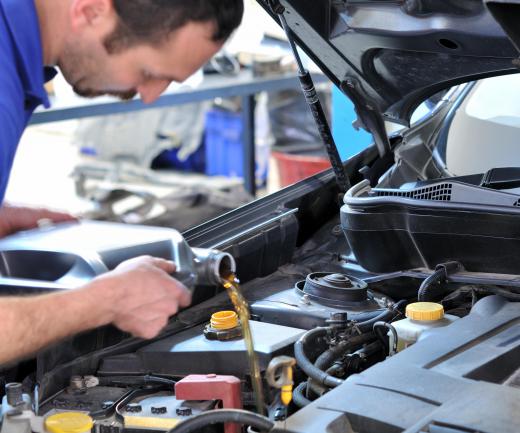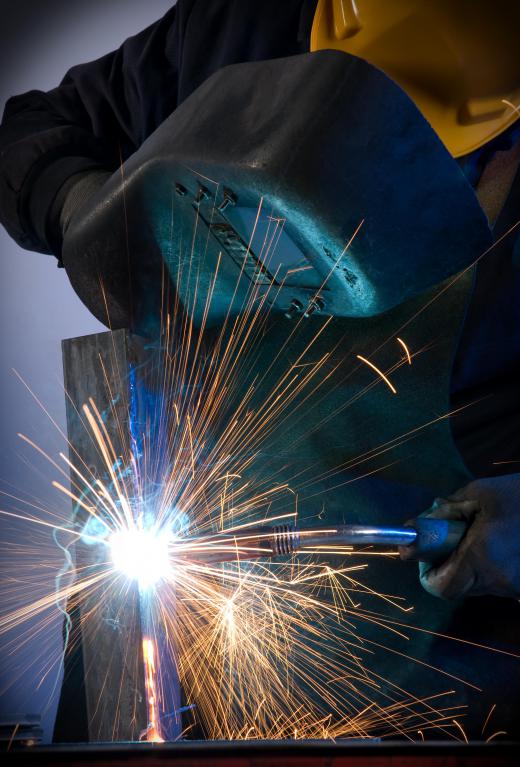Maintenance procedures typically refer to inspection and repairs of various machines or buildings to ensure there are no problems that might halt production or use. There are various types of these procedures, including preventative maintenance, that ensure equipment and machinery continue to operate smoothly and efficiently. Other procedures may include maintenance management, during which supervisors organize repairs for a company.
Several common maintenance procedures involve the work of a team of maintenance workers. These crews are responsible for daily repairs in apartment buildings, restaurants, businesses, or other facilities. Some of this work might include remodeling procedures and renovations.
Maintenance for a software company might involve procedures such as run-throughs and checks on computer software and programs. These procedures may also be performed on computers. Good examples might be computer registry scans or computer back-up.

Equipment maintenance may be performed on office equipment, manufacturing equipment, and even exercise equipment used in a fitness center. Trained maintenance workers typically inspect each piece of equipment for damage or do maintenance work to keep the equipment operating with no difficulty. Dirt and oil may be wiped away from crucial equipment parts, and loose pieces may need to be tightened or replaced.

Plant operations maintenance procedures are an essential part of how a plant operates efficiently and safely. The plant may be a large facility with many electrical functions. Routine maintenance in the plant might be done on electrical wiring as well as generators and machinery.
Automobile maintenance is typically initiated by a car owner to keep his vehicle running efficiently and safely. Various auto maintenance routines include oil changes and car tune-ups. An automobile tune-up generally involves checking for dirty or worn spark plugs, changing the oil, inspecting filters, and replacing parts if necessary. Hoses, nozzles, and coils will also be checked to determine what maintenance needs to be performed as part of the service.

Maintenance procedures on commercial airliners are an integral part of airline safety regulation to keep passengers and crew safe. These inspections of engines and other vital aspects of the aircraft are performed at set times. Similar public transportation maintenance is performed on passenger trains and buses.
Corrective maintenance on city streets is a common, routine procedure. This may include paving and sweeping, as well as asphalt painting. Damage to roads, such as cracks and potholes, may require maintenance procedures performed by township or city workers.
